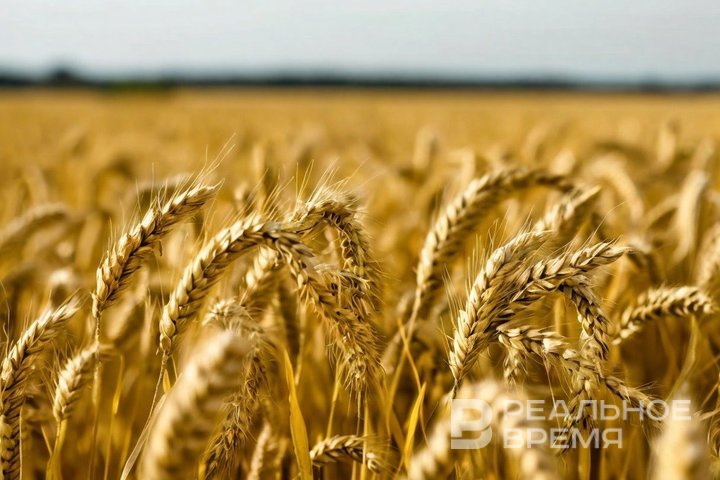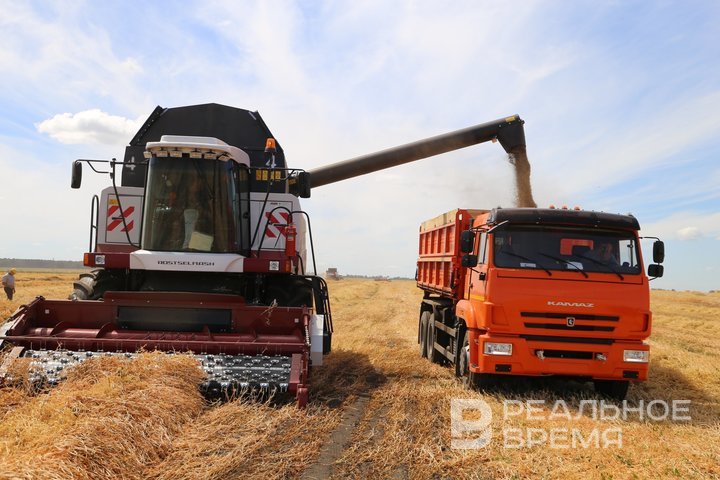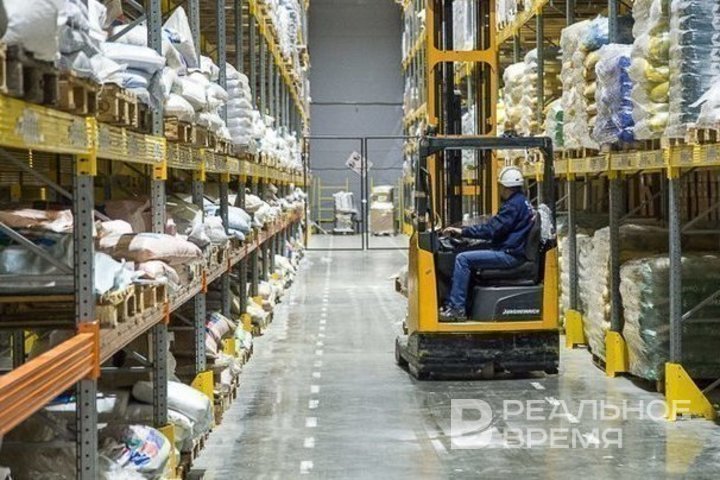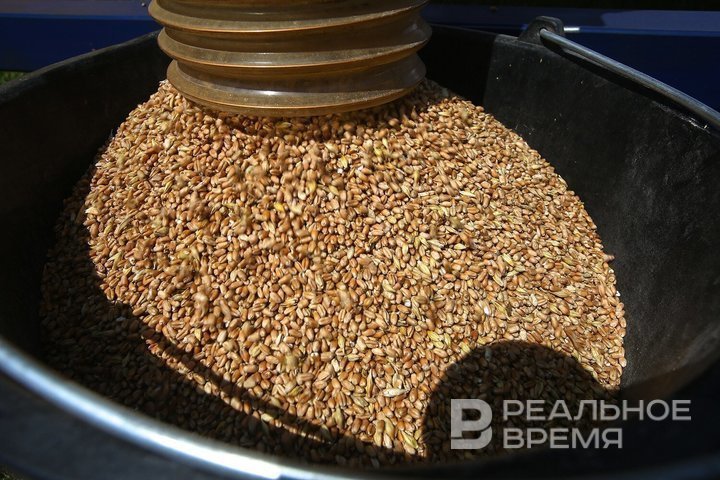Rosselkhoznadzor: ‘Despite the difficulties, oilseed crops continue to leave for the EU countries’
Tatarstan has summed up the results of agricultural exports and told about the preparation of the harvest for 2025

Exports increase since the beginning of 2024
Since the beginning of 2024, the volume of grain shipments outside the republic has amounted to more than 100,000 tonnes, and domestic shipments have exceeded 1 million tonnes. This was announced by Vitaly Novichok, the head of the branch of Rosselkhoznadzor Federal State Budgetary Institution.
“The quality of exported products has become a priority, and its control is carried out through laboratory tests. Each country has its own requirements for grain quality, and Tatarstan laboratories check each batch for compliance with these standards," Novichok said.
This year, for the first time, more than 10,000 tonnes of grain products were studied for shipment to China, including wheat, barley and peas, which are transported by rail.
“Despite the difficulties, oilseeds continue to go to the EU countries, although exporters have problems with mutual settlements, which leads to a slight decrease in supplies to countries such as Poland and Latvia. Belarus also remains an important destination for shipments," Rosselkhoznadzor said.

Currently, 42 enterprises operate in the republic, which are involved in the process of grain shipment by rail. For example, Tetyushi and Bugulma play an important role in this system, working around the clock and shipping large volumes of products. Of the total volume of 1 million tonnes, which is sold to other regions, a significant part is shipped outside Tatarstan under the name of other regions.
“This creates difficulties in accounting for exports and leads to loss of profits for local producers," said Airat Tazetdinov, the deputy head of Rosselkhoznadzor Administration for Tatarstan.
Development of processed crops exports
The republic demonstrates significant growth in the export of processed grain products, including meals, oil cakes, and feed mixes. These products are in demand in countries such as Azerbaijan, Afghanistan, Poland and Italy. The list of exported products also includes oilseeds, which are supplied to Austria, the Czech Republic, Germany, Poland and Latvia.
“It is important to note that the manufacturers themselves are not engaged in direct export sales. Most of the logistics and distribution of grain is carried out by traders who resell products from farmers and organise their transportation to foreign countries," Novichok said.
According to experts, the maximum share of exports from Tatarstan is accounted for by the products of the Kazan Fat Factory, which since 2022 has shifted its focus to exports to China and India.

Results of sowing winter crops
Preparations for the 2025 harvest are continuing in Tatarstan, with winter crops being sown on an area of about 490,000 hectares. At the moment, 84% of the sown area is in good and satisfactory condition, however, 8% of the area, which is approximately 40,000 hectares, is assessed as poor, and seedlings have not been obtained on 36,000 hectares (about 7%).
- According to Dmitry Yashin, the deputy minister of agriculture and food of the republic, the republic annually replants from 7% to 10% of winter crops, which corresponds to the average figures of recent years.
Among the areas with good conditions for winter crops, Cheremshansky, Tukayevsky, Sarmanovsky, Kaibitsky, Bavlinsky, Almetyevsky, Menzelinsky, Atninsky and Zainsky stand out.
Nevertheless, the ministry of agriculture is confident that the situation may improve with the onset of spring:
“There are currently 2 to 10 centimeters of snow in the fields, which protects the seeds from low temperatures. Winter crops are able to withstand frosts up to -17-19 degrees, and optimal conditions for their growth are developing," Yashin said.

The sugar content in winter crops is also monitored, the level of which is currently assessed as good — above 25%. The republic has stocked 324,000 tonnes of spring cereal and legume seeds, which is by 14% more than the required amount.
“Seed quality control has shown that 84% of the harvested volume meets the standards. Of these, 36% are seeds of higher reproductions, and 44% are reproductive seeds. In recent years, Tatarstan has focused on import substitution: in 2024, 71% of corn and 42% of sunflower were sown with domestic seeds," the deputy minister stressed.
Halal products
Tatarstan manufacturers are actively developing the segment of halal products, which opens up new opportunities for entering the markets of Arab countries.
“The volume of halal products in Russia continues to grow, showing an increase in recent years. Exports of halal products have increased 10-20 times since the beginning of this process," Yashin said.
In addition, there is an increase in the number of Russian producers who are engaged in the breeding and production of halal products. The deputy head of the Ministry of Agriculture stressed that the country is gradually moving away from import dependence, which helps strengthen the domestic market.